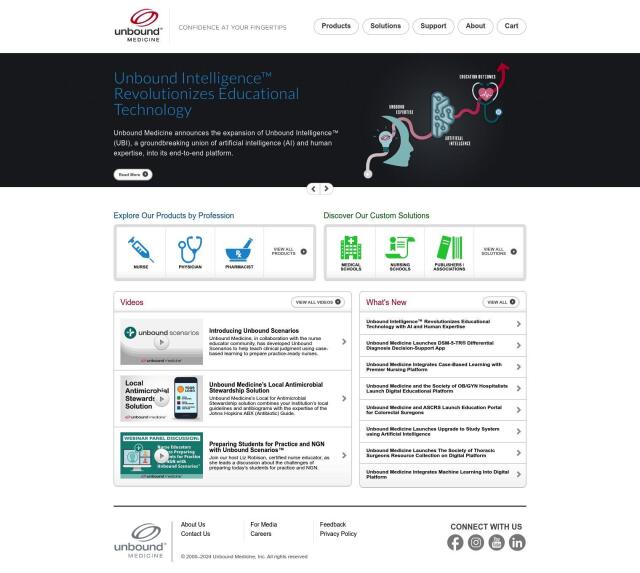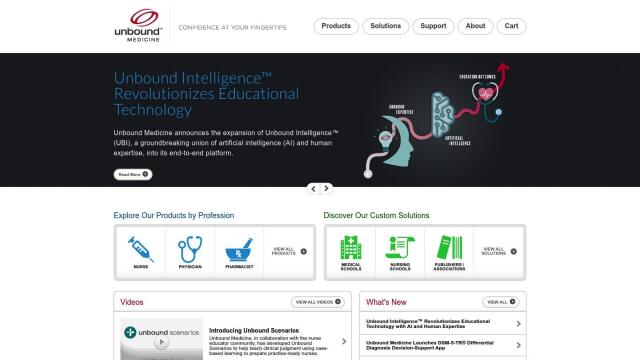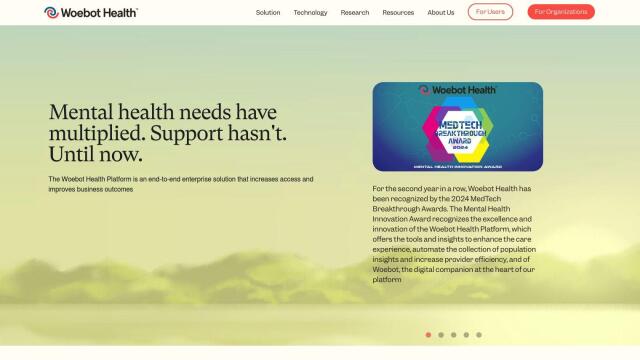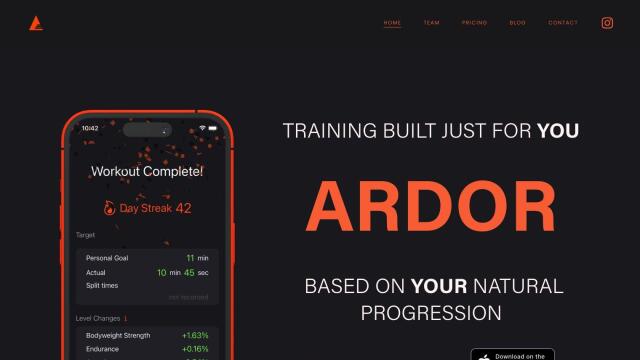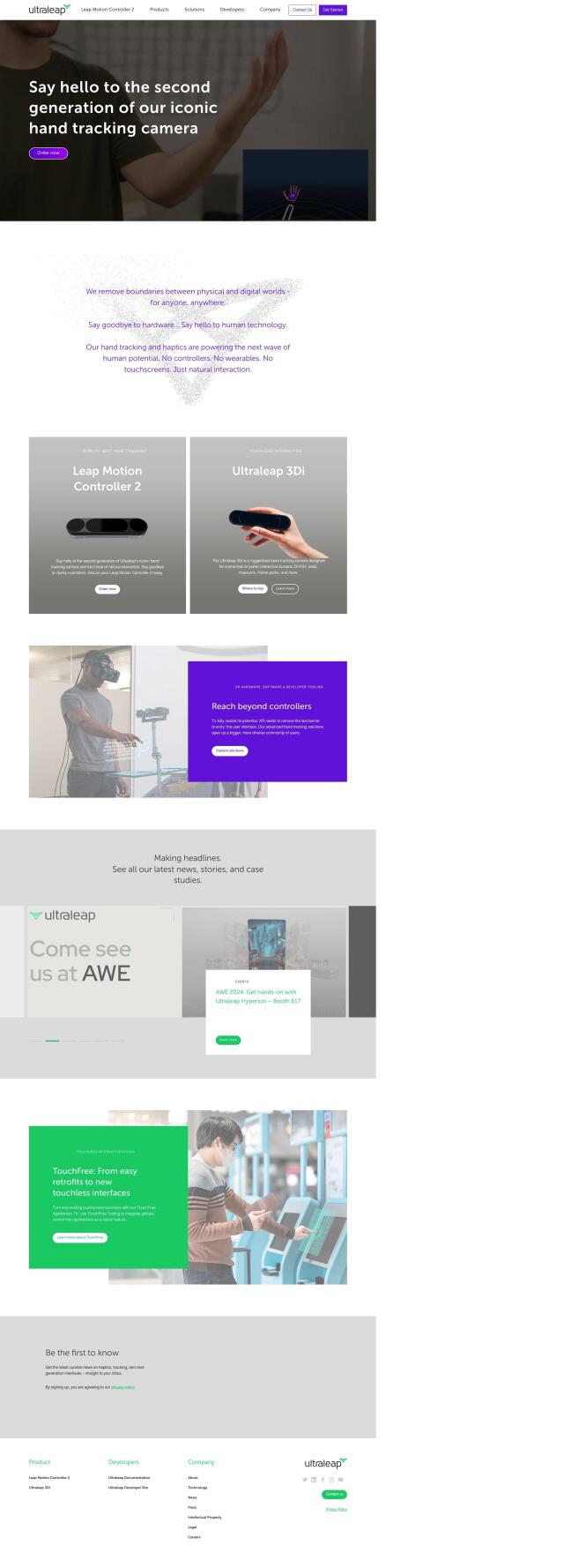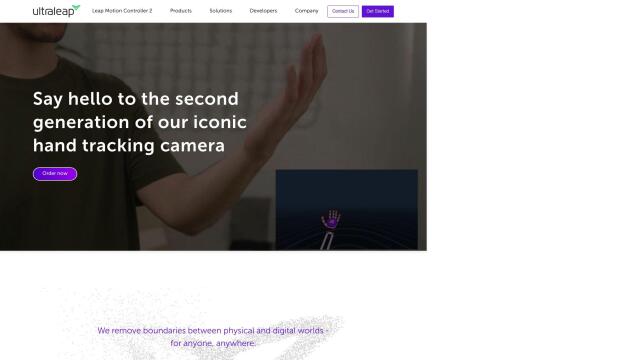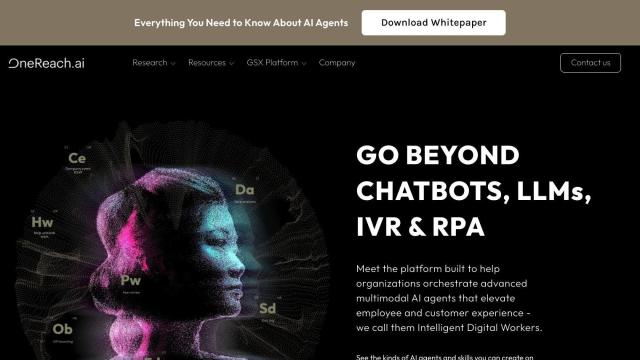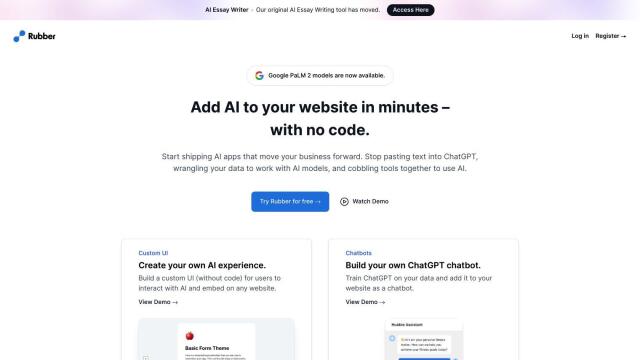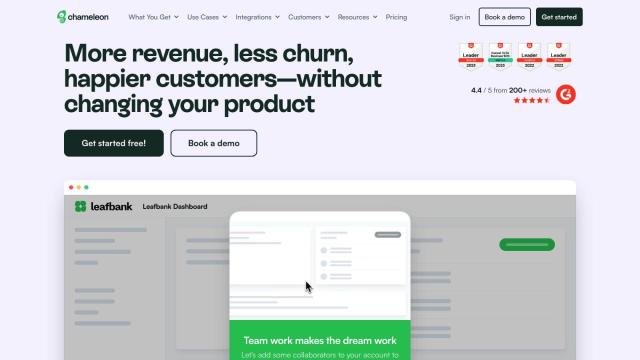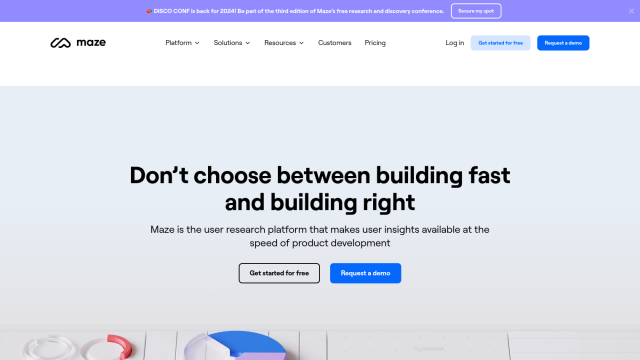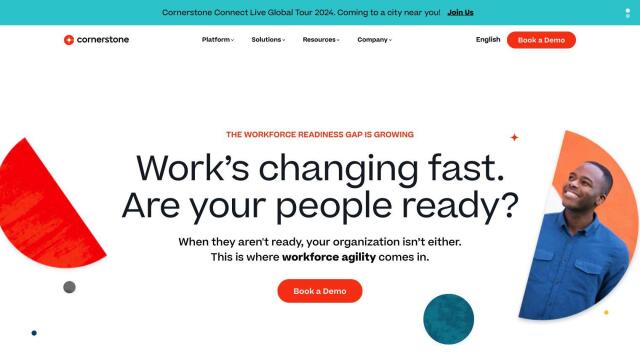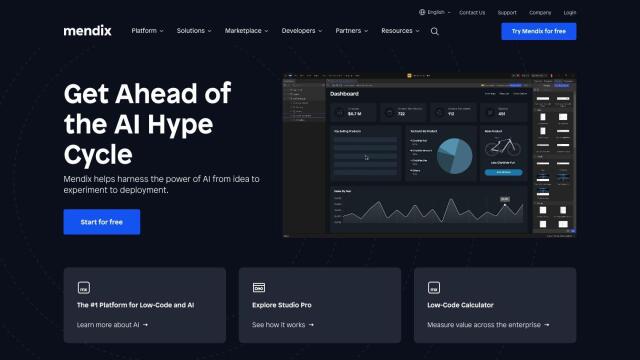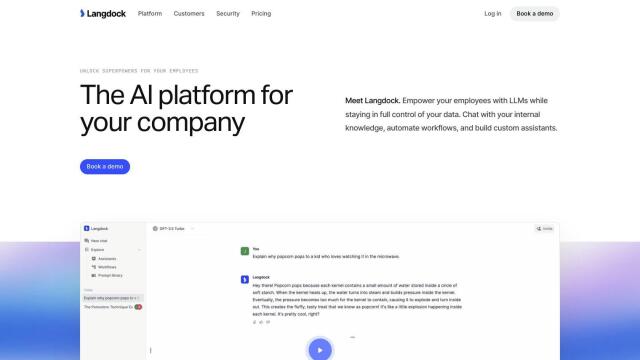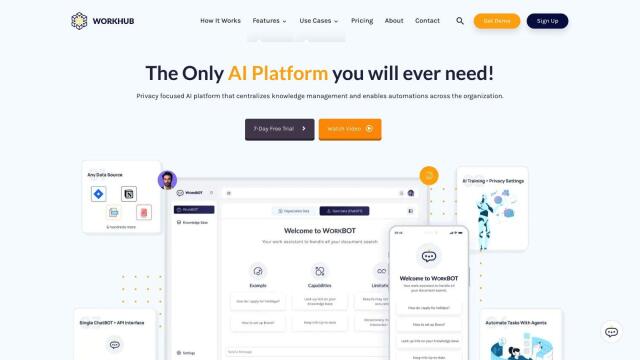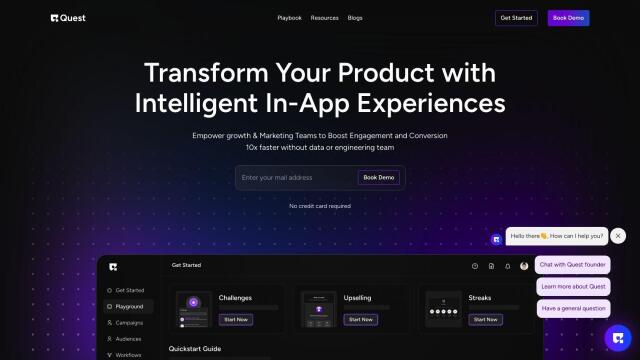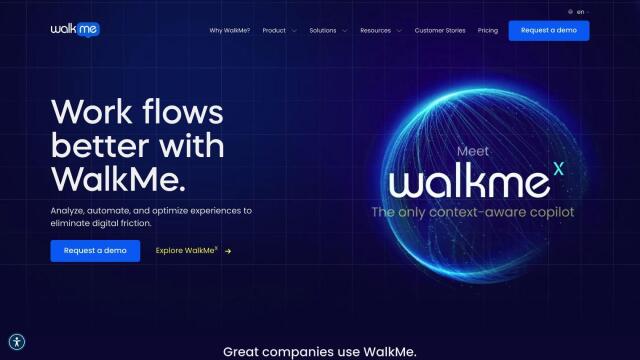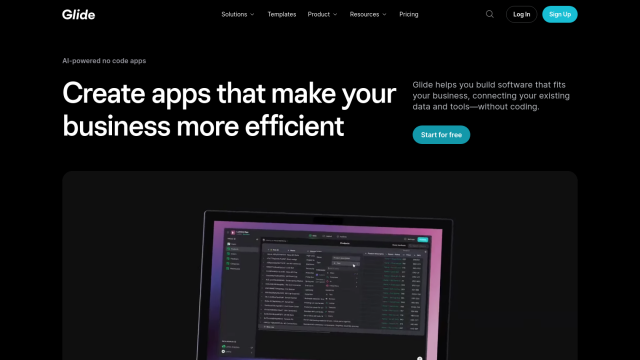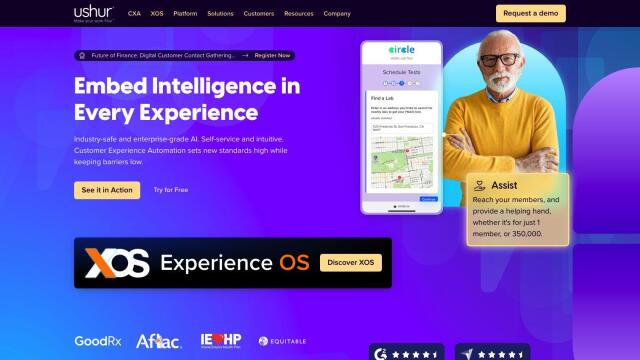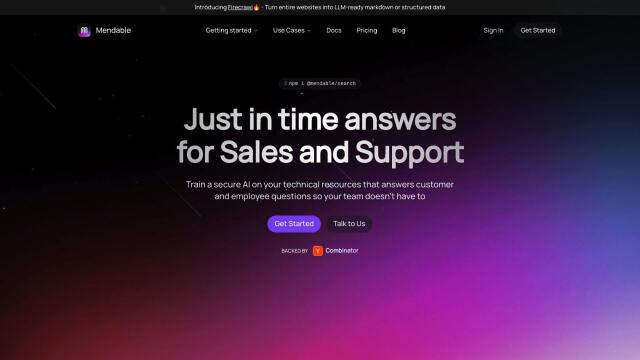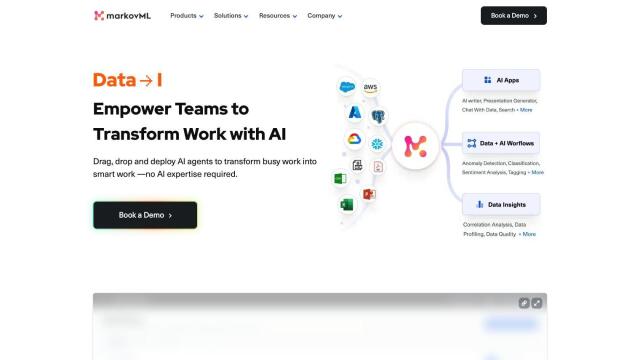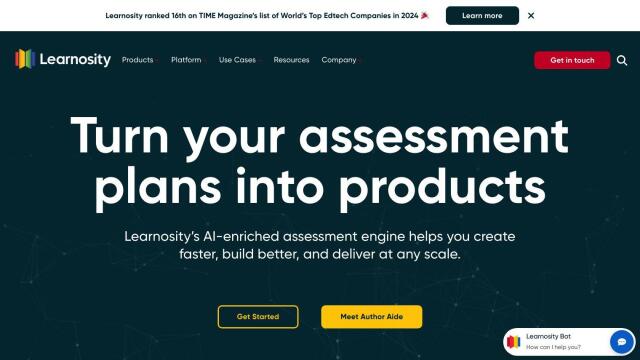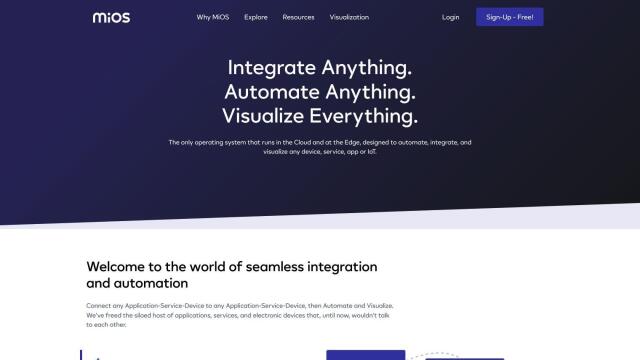Question: Do you know of a platform that can provide customizable features to address specific mobility impediments, such as arthritis or multiple sclerosis?

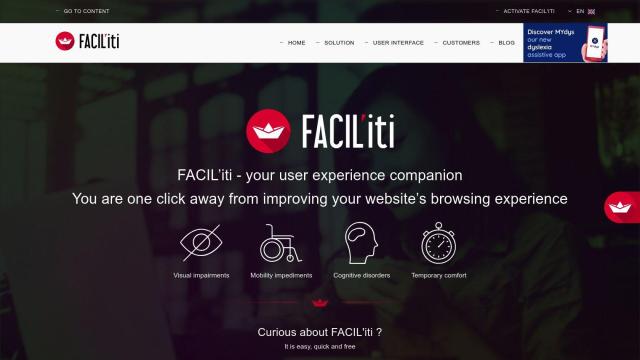
FACIL'iti
If you're looking for a platform that can offer customizable features to help with particular mobility challenges like arthritis or multiple sclerosis, FACIL'iti stands out. The digital platform adapts website displays for people with a range of disabilities, including mobility issues. With more than 1,200 customizable features, FACIL'iti means users can get to websites without having to change the website's underlying code. The service is available as a subscription to website and intranet publishers, so users don't have to pay anything.

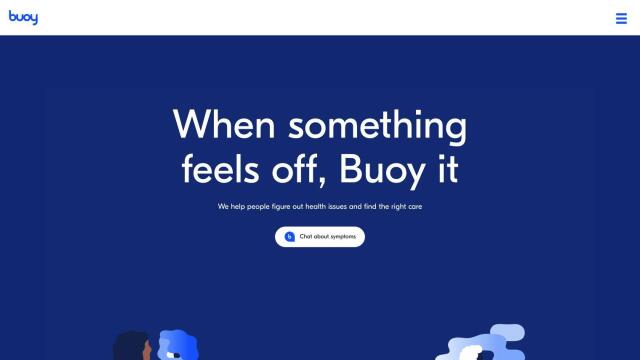
Buoy
Another option is Buoy, an AI-powered health assistant that offers personalized advice on symptoms and treatment. It's not geared specifically to mobility, but it's a good symptom checker and has a community forum that can be useful for people looking for advice. It's also a good option for people who want to privately investigate their symptoms and find advice on what to do next.

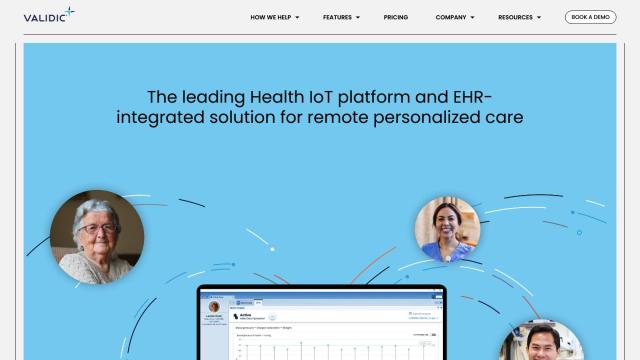
Validic
If you're looking for something more integrated, Validic offers a Health IoT platform that can link many health-related devices and apps to offer insights. It's designed to improve remote patient monitoring and to streamline clinical workflows, which could be useful for patients with mobility problems who need to be monitored and treated. The service's integration with electronic health records means it can be a good option for health care providers.

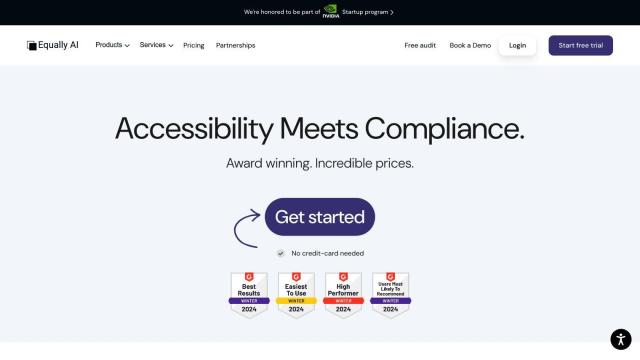
Equally AI
Last, Equally AI is a no-code web accessibility service that automates adherence to international accessibility standards. It doesn't directly address mobility, but it can help make websites more accessible and usable, which can help mobility-impaired people. With its support for a wide range of accessibility standards and its interface that doesn't require programming skills, Equally AI is a good option for keeping websites accessible.
